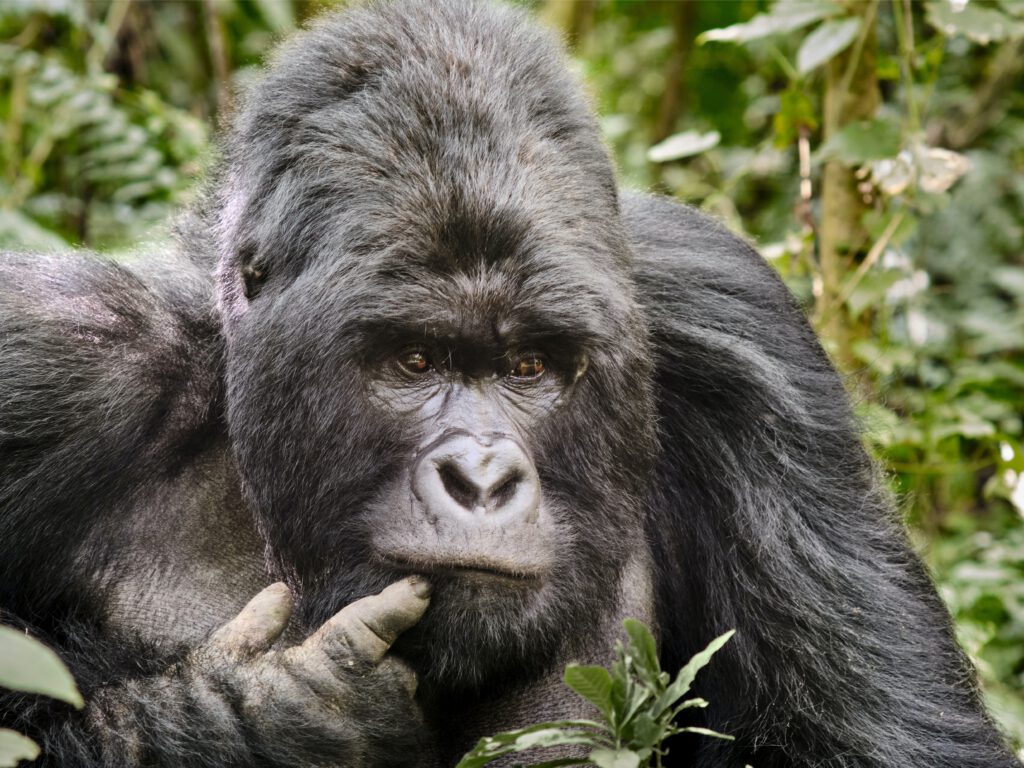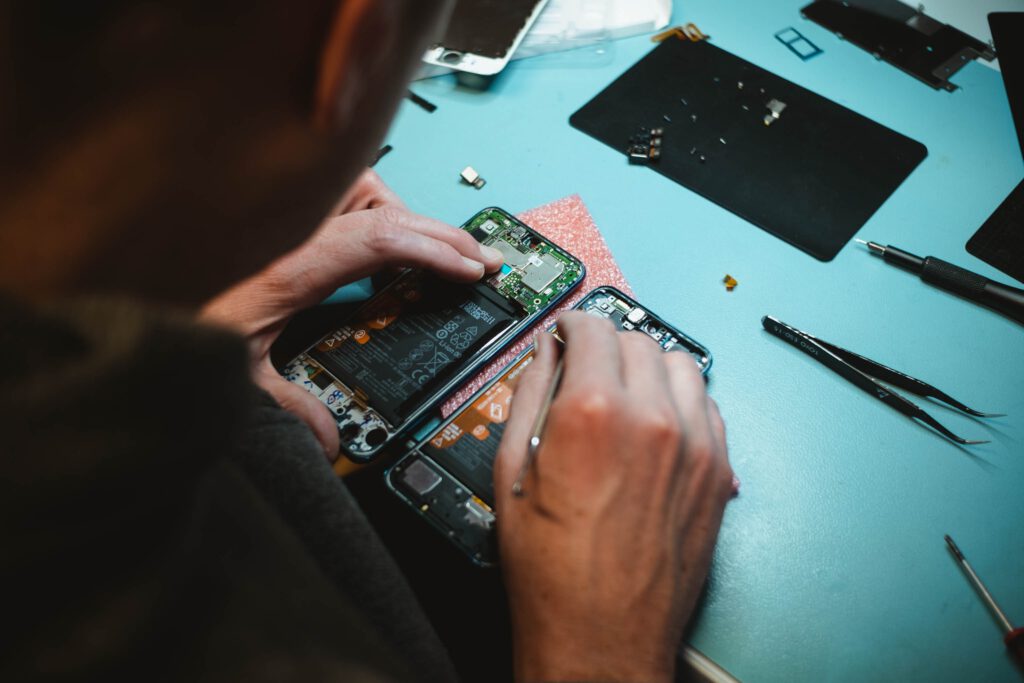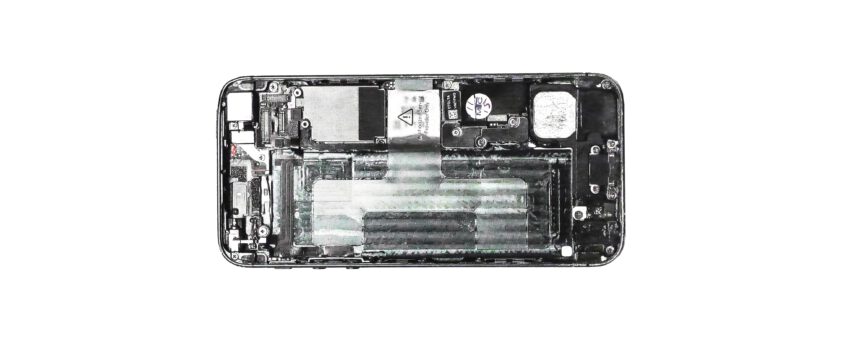Take a look in that junk drawer of yours. Any old phones in there? If you are an average westerner, chances are, there are about 4 such devices in there. You might still have that old indestructible one from the late 90’s, and it still works! There might be the smartphone with the broken screen, the one with the battery that couldn’t make it though a phone call anymore, the one that bent when you sat on it… What else is in there? Any blackberries? MP3 Players? Pads, computers, cables with ripped bits or just the wrong USB-type because its all out dated the day after you buy it?
What you are doing right now, can be precious to the lives of gorillas and many other plant and animal species that live in central African rain forests: You are mining for precious metals. Gold, copper, coltan, amongst others, are precious materials that are necessary to make our phones etc. work.
The most abundant mines for especially coltan lie beneath the rain forest of central Africa. A rain forest filled with amazing species that only occur there, and are already trying to survive in a region stricken by civil wars, poverty and desperation; all big reasons for people to try to survive through poaching.


BUT! The metals you are mining for in your junk drawer have ALREADY been taken from the ground, where once that rain forest was. The good news is, these metals can be recycled. No need to dig for more in the rain forest!
This month I challenge you to recycle your Phone.
Clear out the junk, and contribute to lowering the global need for new precious metals. By that, you are not only doing your part to protect these unique habitats, but also not supporting exploitative mining businesses which have no regard for the health, safety or well being of the people working to find those precious minerals.
How To:
Go though your drawers and look for phones, pads, laptops etc. You can also ask your family and friends, or your schoolmates or work colleagues to contribute to the collection.
You may find devices in various states of functionality. Everything is useful. No matter how old or broken the pone is. Even the broken cables have valuable copper in them.
Collect them and donate them. Depending on the condition of your phone and where you are situated, there will be different options available to you:
- If the device is still working and intact, say you just replaced it with a more current model, you can give it directly to a person in need (refugee camps, homeless shelters, whatever social charity or human welfare organization there is in your area). When you do, communicate what you are trying to do and motivate people to maybe help find redundant devices in their communities.
- If money is tight, consider selling your used device. Many products resell for up to 60% of their original price.
- If the device is broken in any way (hardware or software or both) donate it to an organization or company that refurbishes these devices. They will professionally wipe all data from your phone (if you haven’t done so already) and then make functioning ones out of all the reusable parts of broken ones. The finished product is as good as new.
- You can find such organizations online (try searching “refurbished phone” or “recycle/donate my phone” in your local language). And send your devices to them. Some may pay you a small amount or offer you a discount if you are interested in buying a refurbished product. Make sure you find a company that promises to professionally wipe your data. Or do the wiping yourself.
- Some local nature-protection-NGOs have collection boxes in their offices or put them up in places like the zoo, libraries, hospitals, schools, train stations etc. When the collection boxes are full, they will send them away to recycle the metals.
You can call your local NGO, school, library and find out if they have any such program. If not, ask them why and explain to them how such a project can benefit nature protection and education. - Some companies who sold you your device in the first place, have reacted to the criticism of the public on this topic and will take used products back to be recycled or refurbished, in return for a discount on your new product.

** Title image: Photo by Jonny Caspari; both gorilla images by Luc Huyghebaert; image in the workshop Kilian Seiler

